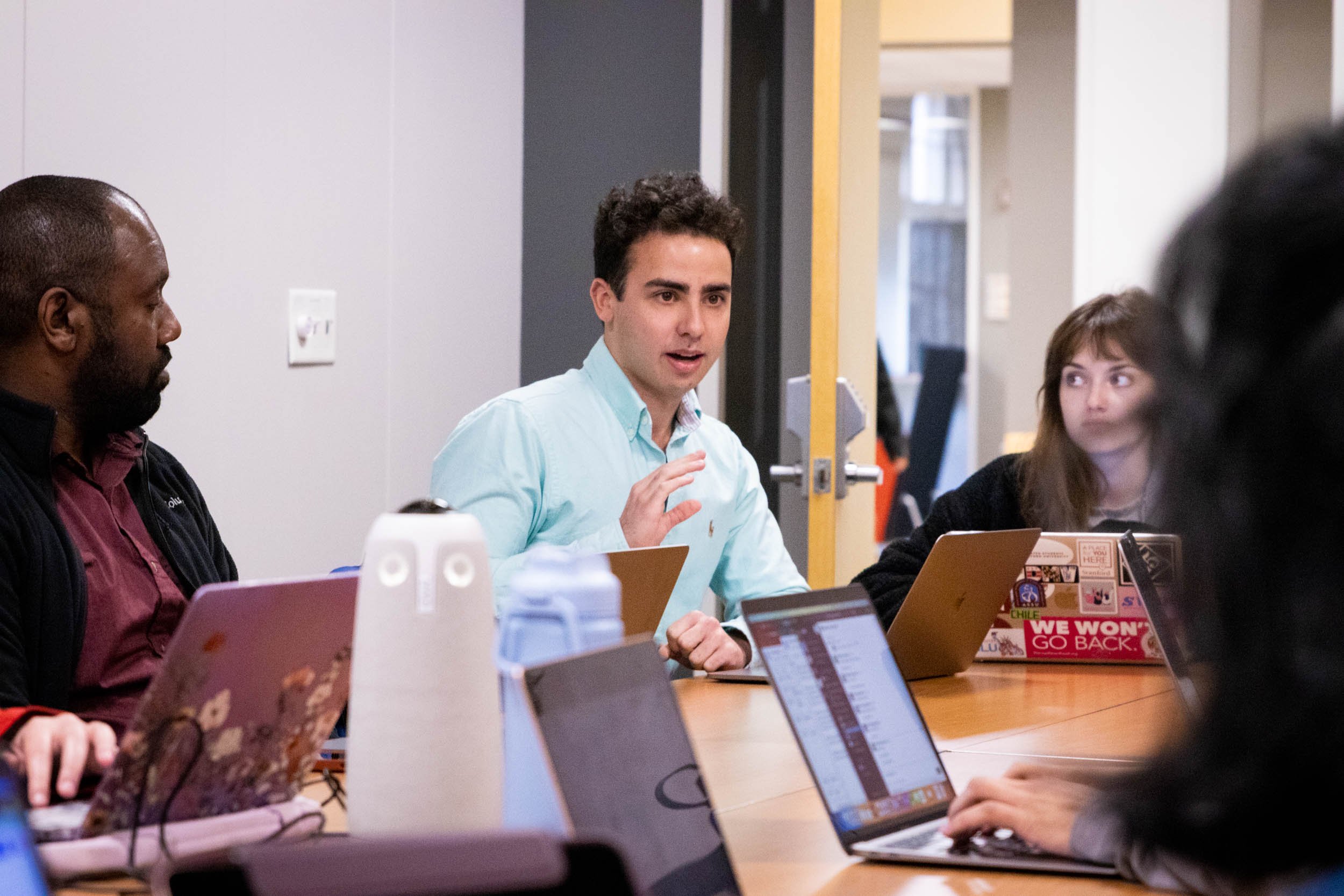This year, the ASSU will fund a record number of VSOs — over 130 student-led groups will receive funding to put on programming that will enrich the student experience at Stanford. Last year fewer than 110 groups were recommended for annual grant funding. All sorts of social, pre-professional, cultural, religious, athletic, and artistic groups will have their financial future secured because of the work of this year’s Undergraduate Senate Appropriations Committee.
Despite this year’s record funding levels, some student groups are unhappy with their allotment. They have criticized the ASSU for denying or lowering their funding requests. The loudest criticism has come from Kids With Dreams (KWD), whose executive team recently wrote a piece in the Daily that accuses the ASSU of “disincentiviz[ing] frugality” and argues that the ASSU’s funding policies lack consistency and transparency.
But here’s something you may not know about the Kids With Dreams funding debate: by being denied annual grant funding, Kids With Dreams would have been eligible for more money. Yes, you read that right. Kids With Dreams is a great organization that does incredible work to support our community. The ASSU does not want to defund or destroy it. Rather, KWD’s annual grant application was denied so that they could be moved to a different funding track where they would get more money.
Let me explain. There are two ASSU funding tracks that student-led organizations can pursue. One is the annual grants process. Annual grant amounts are recommended by the Undergraduate Senate and Graduate Student Council before being voted on by the whole student body (the election is this weekend). Annual grants are meant to be reserved for large funding requests that exceed $6,600. The other, simpler funding track requires no vote by the entire student body; instead, these “standard” and “quick” grants are voted on only by the ASSU and usually approved within a week. Clubs pursuing this quicker funding track are eligible for up to $6,600 a year. Each student group can only receive funding via one of the two tracks. In other words, groups receiving annual grants are not eligible for standard/quick grants throughout the year.
But coming into this year, the ASSU noticed a problem. Many student groups were receiving annual grants under $6,600. This makes no sense. The annual grant process is meant for clubs whose funding needs exceed $6,600. There is no reason why student groups should be using the annual grant process if their funding needs are well under $6,600. Instead, these groups should be applying for standard/quick grants, which are designed to benefit clubs with relatively small financial footprints.
In response to this problem, we decided to deny annual grant funding to every student group whose financial needs were determined to be under $6,600. One can receive a standard or quick grant of up to $6,600 at any one time or a series of grants throughout the year that sum to $6,600. To be clear, this does not mean that the ASSU defunded these student groups. We asked these groups to switch to the standard/quick grant track, which is what they should have been using all along. In fact, switching to this track means that these smaller groups could get more money than they would under an annual grant.
Take Kids with Dreams. They submitted a $5,619 annual grant request to the ASSU, the amount approved last year but almost $1,000 less than $6,600. So we denied KWD’s annual grant request and instead recommended that they pursue a standard/quick grant in accordance with our guidelines.
KWD viewed this as an outright defunding attempt, so they fought to get 15 percent of undergraduates to sign a petition that would allow them to put their annual grant request up for a vote by the entire student body. Since their petition was successful, KWD’s annual grant will now be voted on by the entire student body this weekend. However, KWD then sent in a second request for $7,115, which the Elections Commission ruled would be on the ballot. Whether their annual grant passes at the election or not, ASSU will support KWD in a substantial way and at a higher dollar amount than last year.
Kids With Dreams was not the only group to wage a campaign against this new rule change. The Society of Latinx Engineers (SOLE) has a similar story. Last year their annual grant totalled $4,793. Groups are only allowed a 7% increase year-over-year. This would make SOLE eligible for up to $5,129, far less than $6,600. Considering this, SOLE’s application for an annual grant was denied, with them being referred to the standard/quick grant process. SOLE’s leaders applied for $26,972 in annual grant funding, which violated our 7% cap. SOLE’s leaders are petitioning for more, and it is now up to the student body to decide whether there should be a hike in the student activities fee to accommodate SOLE’s dramatic spending increase.
I have had the honor and privilege of serving as Undergraduate Senate Appropriations Chair this year. I have worked with a great committee who have made all of the funding that student organizations receive possible. I wish my successor in this role all the best, and I hope that the student body will view ASSU appropriations as a balanced process that supports the breadth and depth of student programming.
Mark Huerta ‘24 is the Appropriations Chairman of the Undergraduate Senate.
This article has been corrected to reflect that Kids With Dreams (KWD) changed the amount of money they petitioned for from the amount they’d originally applied for in their initial annual grant application.
